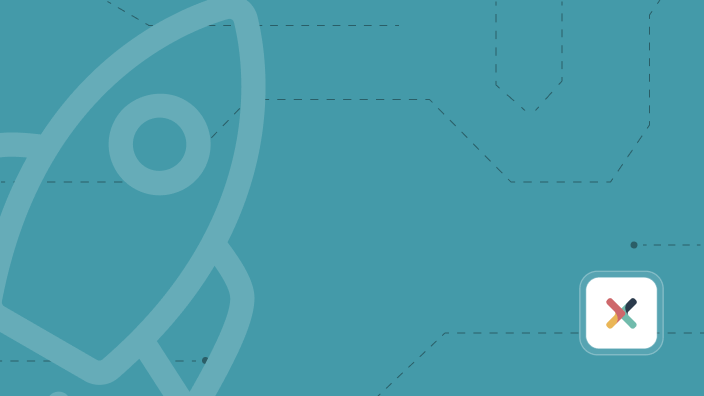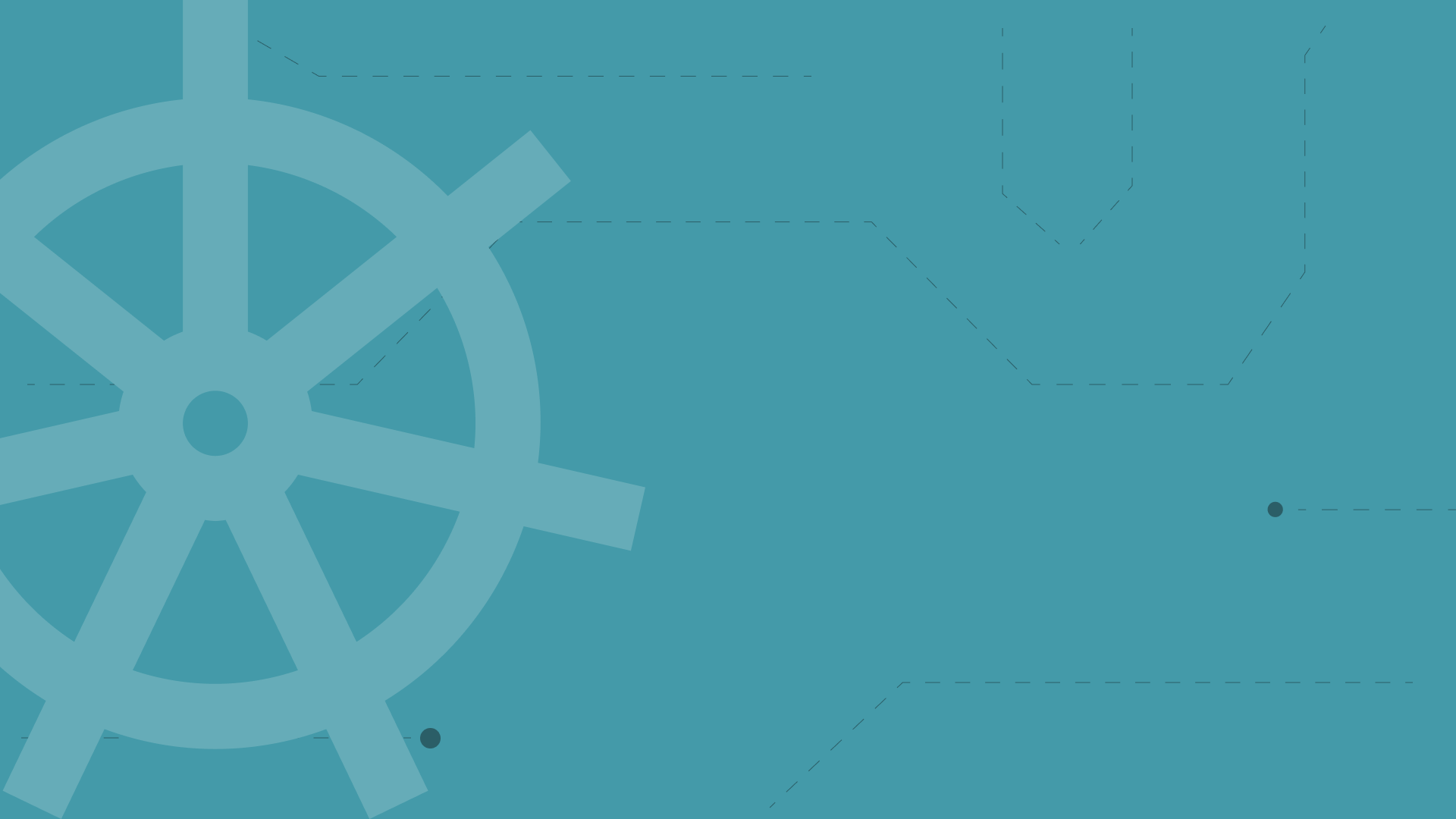Transforming Healthcare IT: Apache Kafka for Legacy Modernization
Apache Kafka powers real-time data streaming and modernizes legacy healthcare systems. It enables seamless integration across platforms, improving efficiency and patient care by supporting standards like HL7, FHIR, and JSON. Kafka bridges old and new, enhancing data-driven healthcare.

On this page
Kafka is making waves in the healthcare industry. Due to the real-time data capabilities of the framework, the sector is undergoing a profound transformation fueled by legacy modernization and cutting-edge technologies. In this blog we dive into how data streaming with Apache Kafka is revolutionizing healthcare by enabling real-time data processing and automating business processes. We’ll explore why both established enterprises and innovative startups need to leverage Kafka to boost efficiency, reduce costs, and elevate the human experience across the entire healthcare value chain.
In this blog you will read about:
- What is Healthcare
- The Importance of Real-Time Data in Healthcare
- Apache Kafka in Healthcare: Key Applications
- Axual and Strimzi: Enhancing Kafka’s Capabilities
- Benefits of Using Apache Kafka in Healthcare
- Conclusion
- Frequently Asked Questions
What is Healthcare
Healthcare is fundamentally about preserving and enhancing health through the prevention, diagnosis, treatment, and management of diseases, injuries, and other physical and mental conditions. Delivered by a diverse array of professionals—including doctors, nurses, pharmacists, and therapists—healthcare encompasses a wide spectrum of services from primary care to specialized fields like dentistry and psychology. It also includes public health efforts. Access to these services varies globally, shaped by economic factors, social conditions, and national health policies, making equitable healthcare a complex challenge worldwide.
The Healthcare Industry
The healthcare industry is about keeping people healthy by preventing, diagnosing, treating, and managing illnesses and injuries. It includes many different fields like medicine, nursing, pharmacy, and allied health professions, such as physical therapy and occupational therapy. This industry is very large and involves many different organizations, including hospitals, clinics, insurance companies, and pharmaceutical firms. These groups all work together to make sure people get the care they need to stay healthy and manage any health issues they face.
The Importance of Real-Time Data in Healthcare
Real-time data processing is crucial in this sector for several reasons:
Enhanced Patient Care
By processing data in real-time, healthcare providers can offer more personalized and effective care. Real-time data helps in continuously monitoring patient health, adjusting treatments as needed, and providing timely interventions.
Reducing Errors
With real-time data, the likelihood of errors is significantly reduced. Accurate and up-to-date information ensures that healthcare providers can make better decisions, reducing the chances of misdiagnosis or incorrect treatment.
Immediate Decision-Making
Working in real-time allows medical providers to make immediate and informed decisions, which is essential in emergency situations. For instance, real-time monitoring of patient vitals can help doctors respond promptly to life-threatening conditions.
Improved Operational Efficiency
Real-time data helps in streamlining hospital operations. It enables better resource management, such as optimizing the usage of medical equipment and ensuring that staff are allocated efficiently.
What is Apache Kafka?
Apache Kafka is an open-source stream-processing platform developed by LinkedIn and donated to the Apache Software Foundation. It is designed to handle real-time feeds with high throughput, scalability, and durability. It enables seamless integration and real-time analytics, making it ideal for medical applications. Read more about it in our blog about integration.
Apache Kafka in Healthcare: Key Applications
Real-Time Analytics
Real-time analytics is essential for monitoring patient health, managing hospital resources, and conducting medical research. Kafka enables continuous streaming from various sources like IoT devices, electronic health records (EHRs), and laboratory systems. This is then processed in real-time to provide actionable insights.
Example: A hospital can use Kafka to stream real-time data from patient monitors, allowing providers to detect abnormalities and respond promptly.
Integration and Interoperability
Healthcare data is often siloed across different systems and formats. Kafka facilitates seamless integration by connecting disparate systems and ensuring consistency. It supports various data formats like AVRO, Protobuf, and JSON, making it easier to share information across different platforms. Additionally, Kafka supports industry specific formats through connectors such as:
- HL7 (Health Level Seven): A set of international standards for the exchange of electronic health information. It’s widely used for transmitting data between different healthcare systems, like EHRs (Electronic Health Records) and hospital information systems.
- FHIR (Fast Healthcare Interoperability Resources): This is a modern standard for exchanging healthcare information electronically, FHIR focuses on simplifying implementation while retaining the full power of HL7 standards. It allows healthcare systems to access, update, and share data in real-time, enabling better interoperability.
Example: An integrated healthcare network can use the framework to synchronize data between its EHR system, billing system, and patient management system, ensuring that all departments have up-to-date information.
Legacy System Modernization
Many healthcare organizations continue to rely on legacy systems that are outdated and unable to meet the demands of modern data processing and integration. These systems often struggle with handling real-time data and integrating with newer technologies, leading to inefficiencies and bottlenecks.
Apache Kafka offers a solution by serving as a bridge between these old systems and modern infrastructure. By enabling real-time data streaming and integration, Kafka allows for a gradual transition to more advanced systems without disrupting daily operations, ensuring that healthcare providers can upgrade their technology at a manageable pace. This approach not only preserves the existing investments in legacy systems but also enhances their capabilities, providing a pathway to improved performance and better patient outcomes.
Example: A provider can use the framework to stream data from a legacy patient record system to a new cloud-based analytics platform, allowing for advanced data analysis without replacing the old system immediately.
Enhancing Patient Experience
Patient experience is a critical aspect of healthcare. Kafka can improve patient experience by enabling real-time communication and personalized care. For instance, it can power patient portals, mobile apps, and automated notification systems, ensuring patients receive timely updates and support.
Example: An app can use Kafka to send real-time notifications to patients about their appointment schedules, medication reminders, and lab results, enhancing patient engagement and satisfaction.
Axual: Enhancing Kafka’s Capabilities
Axual provides a managed platform for real-time data streaming with Kafka. It simplifies the deployment, management, and monitoring of clusters, allowing healthcare organizations to focus on leveraging data rather than managing infrastructure. Axual ensures secure and compliant data streams, which is crucial for sensitive healthcare data. Axual uses open-source components like Strimzi to ensure there is no vendor lock-in.
Benefits of Using Apache Kafka in Healthcare
Scalability
Kafka is highly scalable, making it suitable for healthcare organizations of all sizes. It can handle large data volumes and support numerous simultaneous data streams. You can read more about Kafka and scalability here: Scaling up you Kafka
Reliability
Kafka’s distributed architecture ensures high availability and fault tolerance. This is crucial for healthcare applications where data integrity and uptime are critical.
Flexibility
Kafka supports various data formats and integration methods, making it flexible enough to meet diverse healthcare needs. Whether it’s real-time analytics, data integration, or legacy system modernization, Kafka can adapt to different use cases.
Cost Efficiency
By enabling real-time data processing and reducing the need for multiple transfer tools, Kafka helps healthcare organizations save on IT infrastructure costs.
Conclusion
Apache Kafka is revolutionizing the healthcare sector by enabling real-time data processing, enhancing integration, and supporting legacy system modernization. Solutions like Axual and Strimzi further enhance Kafka’s capabilities. This makes it easier for organizations to deploy and manage Kafka effectively. As the healthcare industry continues to evolve, the adoption of Kafka and similar technologies will be crucial in driving innovation and delivering better health outcomes.
Frequently Asked Questions
What is Apache Kafka, and why is it important for healthcare?
Apache Kafka is an open-source stream-processing platform that handles real-time data feeds with high throughput, scalability, and durability. Therefore, it is crucial for healthcare because it allows for real-time data processing, enhancing decision-making, patient care, and operational efficiency.
How does real-time data processing improve patient care?
Real-time data processing enables continuous monitoring of patient health, timely interventions, and personalized treatments, which collectively improve patient outcomes and satisfaction.
What are some key applications of Apache Kafka in healthcare?
Key applications include real-time analytics for patient monitoring, data integration and interoperability across different systems, modernizing legacy systems, and enhancing patient experience through real-time communication and notifications.
What benefits does Apache Kafka offer to healthcare organizations?
The framework provides scalability to handle large data volumes, reliability with high availability and fault tolerance, flexibility to support various formats and integration methods, and cost efficiency by reducing the need for multiple transfer tools.
How do Axual and Strimzi enhance the capabilities of Apache Kafka in healthcare?
Axual offers a managed platform for Kafka, therefore, simplifying deployment and management, while ensuring security and compliance. Axual offers managed Strimzi with an enterprise UI, providing a no-code experience for Kafka. Strimzi enables Kafka to run on Kubernetes, facilitating easy setup, automated scaling, and integration with other cloud-native services.
Contact us for more insights and solutions tailored to your needs.
Answers to your questions about Axual’s All-in-one Kafka Platform
Are you curious about our All-in-one Kafka platform? Dive into our FAQs
for all the details you need, and find the answers to your burning questions.
Apache Kafka is used in healthcare to facilitate real-time data streaming and integration between various systems, such as electronic health records (EHRs), medical devices, and patient management systems. It enables the aggregation and processing of large volumes of data, allowing for timely decision-making, improved patient care, and efficient workflow management across healthcare providers.
The benefits of using Apache Kafka in healthcare include real-time data processing, enhanced interoperability between disparate systems, and improved patient outcomes through timely access to critical information. Additionally, Kafka’s scalability and fault-tolerance make it suitable for handling the high data volumes typical in healthcare environments while ensuring data integrity and security.
Apache Kafka enhances patient care by providing real-time insights and alerts, enabling healthcare providers to respond quickly to patient needs and changes in health status. It also improves operational efficiency by streamlining data flow between systems, reducing delays, and automating workflows, ultimately leading to better resource utilization and patient management.
Related blogs

Alliander’s move to open-source Kafka highlights the power of independence, innovation, and adaptability. Explore their journey and key lessons for overcoming vendor lock-in challenges.

The Axual Platform 2024.4 Winter Release offers key updates including Data Masking, enhanced Kafka Streams, and Consumer Offset reset, empowering users with improved control, performance, and efficiency for better data management.

Kafka migration becomes effortless with Axual Distributor. Simplify data flow, synchronize schemas, and ensure seamless transitions between clusters with automated and secure tools.
